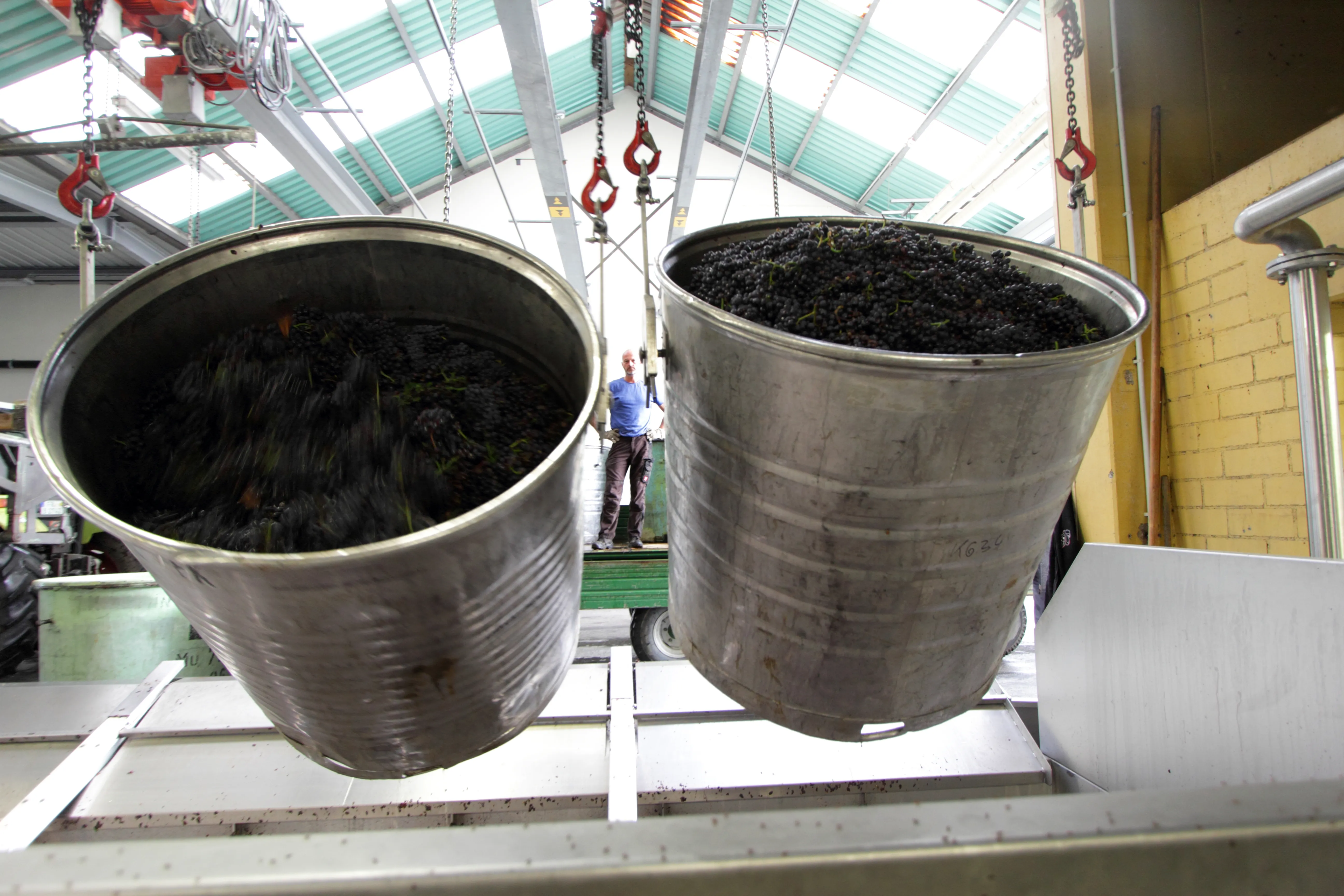Buckets have established themselves as indispensable tools across various industries due to their basic yet effective design. From construction and agriculture to household and food processing, buckets serve a wide range of purposes. This article explores the multiple applications of buckets and their significant role in different sectors.
Understanding Buckets and Their Use in Industries
A bucket is typically a container with a handle, used for carrying or holding liquids, powders, or other materials. Constructed from materials like plastic, metal, and wood, buckets are essential in various fields:
- Construction: They are used for carrying materials such as concrete, gravel, and sand.
- Agriculture: Used for watering plants and carrying harvested crops.
- Household: Serve as a container for cleaning, washing clothes, or storing items.
Buckets in Food Processing and Manufacturing
Although not traditionally used in food processing due to material safety concerns, buckets play a pivotal role in food processing plants for a variety of tasks when made from food-grade materials:
- Transport and Storage: Used for bulk quantities of flour, grains, dairy products, pickles, sauces, and confectionery ingredients.
- Food-Grade Materials: Must be made from materials safe for food contact, such as food-grade plastic or stainless steel.
- Specific Design Features: Lids or seals to prevent spillage, handles for easy pouring, and strainers for filtering could be included.
Buckets: A Key Component in Food Plant Engineering
As food technology consulting evolves, the demand for effective food processing plant design becomes crucial. Food consultants and engineers emphasize the importance of sustainable, efficient solutions:
- Food Factory Design: Incorporating buckets in process planning for seamless operations.
- Food Manufacturing Engineers: Ensuring food-grade compliance in equipment used.
- Food Processing Plant Construction: Prioritizing eco-friendly materials.
The Growing Bucket Market
The global bucket market is expanding, driven by growing demands in construction, agriculture, and the food & beverage industry:
- Industrial Automation: Increased use in machines like excavators and loaders.
- Food and Beverage Demand: Essential for transporting and storing food products.
- Online Food Delivery: Rising trend bolstering demand for food packaging buckets.
Plastic buckets remain the most prevalent due to their lightweight and cost-effective nature. Nonetheless, there's rising interest in eco-friendly options like biodegradable or recycled plastic buckets to ensure sustainability.
Conclusion
Buckets, though simple, are vital tools that enhance efficiency across various industries. From aiding in food processing plant design to contributing to eco-friendly practices in manufacturing, their versatility ensures they remain a key component of both traditional and modern industrial applications.
 PMG stands for Projects Management Group. We provide state-of-the-art Engineering Services to build world-class food processing factories.
PMG stands for Projects Management Group. We provide state-of-the-art Engineering Services to build world-class food processing factories.  Engineering is the difference between Chaos and Excellence. If you are going to do it, do it right.
Engineering is the difference between Chaos and Excellence. If you are going to do it, do it right.  Explore the diverse range of Products in the Food Processing Industry.
Explore the diverse range of Products in the Food Processing Industry.  Explore the technologies at the heart of the the Food Processing Industry.
Explore the technologies at the heart of the the Food Processing Industry. 


 Back
Back 



